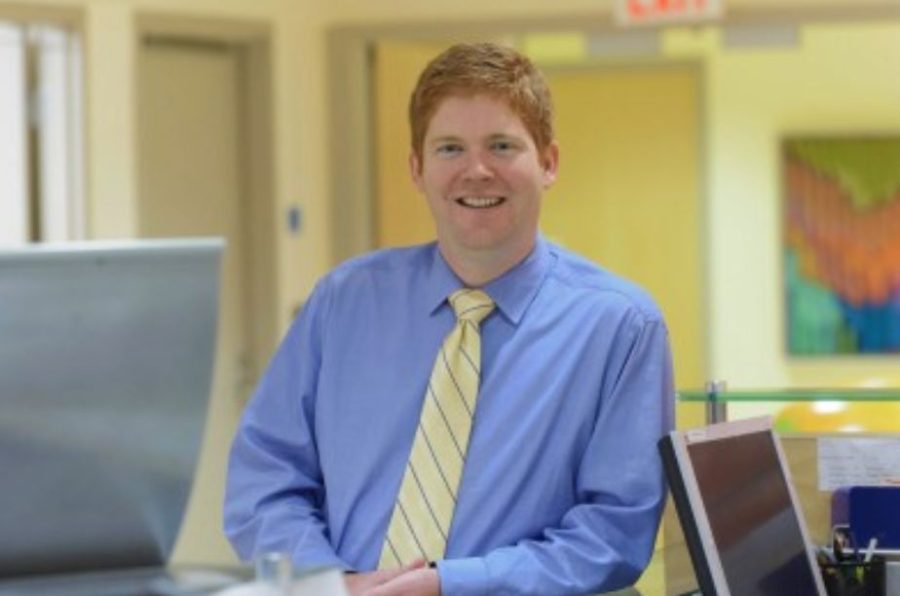Alumnus talks cancer immunotherapy
November 7, 2017
On Nov. 3, the University community welcomed back Kevin J. Curran, M.D. (B.S., Biology, ’00) to speak about his research regarding cancer immunotherapy. Students, faculty and other members of the community gathered in the Driscoll Hall Auditorium to listen to the alumnus’ seminar. The visit was hosted by the College of Engineering and the Office of Health Professions Advising. Though the event was a public lecture, it provided students with an insight into the field of immunology, cancer immunotherapy and practicing medicine. Students also exchanged thoughts with Curran after the lecture during a welcome reception.
In terms of innovative medical treatments, immunotherapy—notably cancer immunotherapy—is regularly viewed as a promising and sensational new frontier. Essentially, immunotherapy is the treatment process of activating the immune system so it may better fight disease. Since immunotherapy does not typically kill the body’s cells, it has a distinct advantage over other cancer strategies such as surgery or chemotherapy. But this also depends on the particular case. However, as Curran noted, immunotherapy is currently very expensive and will not provide a treatment for every type of cancer, of which there are over 100.
After graduating from the University, Curran attended Georgetown University School of Medicine and completed his residency in Pediatrics at Tufts New England Medical Center. Curran then become Chief Fellow in Pediatric Oncology at Memorial Sloan Kettering Cancer Center in N.Y. where he currently practices and conducts research. His research revolves around the transformation of cell-based therapies to ground-breaking treatment approaches for children with cancer—especially children who have not responded to traditional treatment or have relapsed. Curran shared with the audience his most recent research findings.
The lecture was titled “Chimeric Antigen Receptor (CAR) T Cells for Cancer Immunology.”
T cells, a type of white blood cells, are an imperative part of the immune system defense. Curran explained that one of the key hallmarks of cancer is its ability to grow and metastasize while eluding the defenses of the immune system. Curran’s recent research concerns the development of genetically-modified T lymphocytes (CAR T cells). Put simply, these re-programmed cells are engineered to contain a specific receptor which then make it possible for the immune system to recognize and destroy the previously unrecognized cancer cells. The CAR T cells are then allowed to proliferate and are then infused in patients with leukemia. Curran and his team’s specific patient population is children with relapsed B-cell acute lymphoblastic leukemia. The CAR T cell immunotherapy was recently approved by the FDA.
University —Biology professor Anil Bamezai, Ph.D., highlighted the importance of Curran’s research.“Tumors have the ability to create a microenvironment—by a variety of mechanisms—that actively suppresses immune response,” Bamezai said. “Unlike infectious agents (pathogens), tumor cells do not invoke a good immune response. So, there needs to be some design to [increase the immune system’s role in fighting cancer]and CAR T cells provides one way to do that.”


